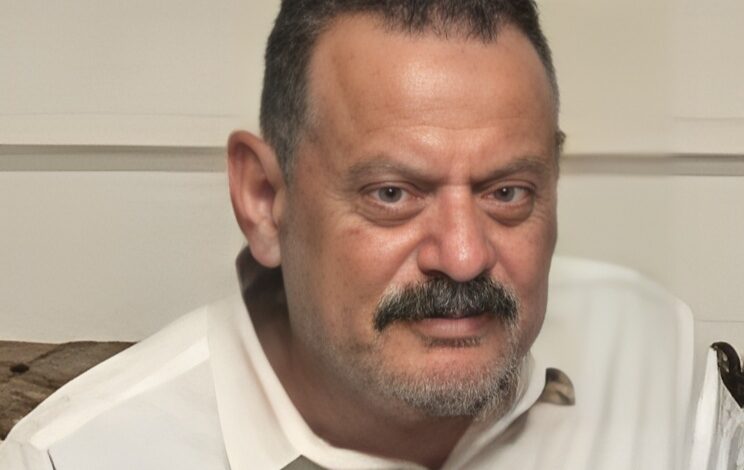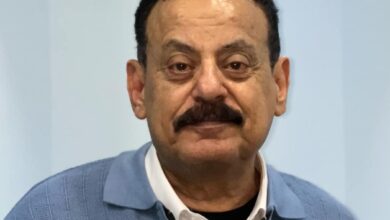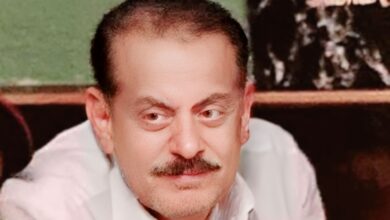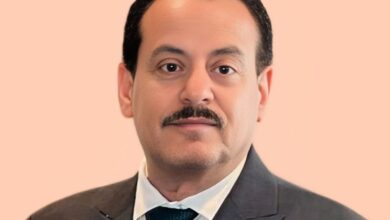Cruelty and Tormented Childhood

Yemeni mp
Ahmed Saif Hashed
At one stage of my childhood, I did what most boys my age would not dare to do. I frequently swept the house, cleaned all its corners and facilities. I toiled on the ground, tended to the sheep, carried cow dung on my head, and assisted my mother with tasks she could not manage, especially during her pregnancies and childbirth. Due to sweeping, smoke, and the trials of being mischievous, I developed asthma and nearly lost my life twice.
In the fifth and sixth grades, I walked about ten kilometers every day to reach school, and another ten kilometers on the way back. Later, while living in the dormitory, I endured hunger, poverty, and malnutrition.
* * *
I lived a phase of my childhood under the cruelty of my father, which exceeded what was common and usual among people. I rebelled against him and his authority, which seemed excessive and tyrannical to me.
I resisted the many injustices that weighed heavily on me, feeling daily that oppression was devouring me and crushing my bones.
My father’s parenting policy relied primarily on severity and cruelty. He treated me with the same harshness: “Beat your son and discipline him; he will only die when his time comes.” In my father’s view, beating toughens boys and shapes them into remarkable men. He was convinced of this, believing that this method had worked with my brother Ali, who had turned out well, making my father proud and filled with a sense of achievement.
* * *
As my childhood progressed, I helped my parents in their relentless work that began at dawn and continued until after nightfall. During this time, I endured repeated beatings from my father in a grueling journey filled with hardship and torment.
It became normal for me to be beaten daily by my father; it was unusual for him to strike me in one day less than twice. If I escaped a beating one day, it felt like a special occasion, a day worth celebrating—perhaps not to be repeated until the following year. Such a day deserved my celebration.
What pained me most was that these beatings often occurred in front of others, sometimes with a shoe.
I felt as though even the sympathetic gazes were piercing me. My peers would return home and recount what had happened to me, sharing the stories of my father’s actions.
I felt like a topic of their conversation, or so I imagined. The insults crushed my bones, and I swallowed my pain as if I were swallowing a butcher’s cleaver.
This experience forged within me a profound understanding of oppression and a heightened sensitivity to the suffering of the oppressed.
Alongside other accumulated experiences, it formed a positive value that I later became aware of: the need to stand up for the downtrodden and confront everything that arises from injustice, cruelty, and spiritual decay.
I defend the victims with dedication, often feeling that I would sacrifice my life twice for them, or so I believe when facing a challenge.
I lived reality in all its bitterness and cruelty. I felt a profound sense of humiliation and degradation.
I refused to accept this situation without end or to reconcile with it in obedience and submission.
I expressed my rejection through numerous acts of rebellion, some of which might have flirted with death or the unknown, or at least felt that way to me.
Perhaps I have confronted death more than once, and fate has often overpowered me. Fortune has betrayed me or exacted its toll, and within myself, I have declared a cacophony of questions.
I have reached the limits of rejection and protest against destinies I did not choose, feeling their weight in my soul—dense and painful—during moments that bore heavily upon my shoulders. My thoughts encroached upon death, seeking the fulfillment of my appointed time, while I dismissed the threat of hell and the admonitions of my mother, who warned that the one who takes his own life descends into the fire.
* * *
My father and I perhaps perceived circumstances through our own lenses, each viewing the world from the angle of our own experiences.
We both believed ourselves to be right, yet today I find myself understanding much of what transpired, seeking to extend him some measure of forgiveness, or at least a justification worthy of the reality in which we found ourselves, a reality that loomed larger than either of us.
The harshness of my father stemmed in part from his belief in the efficacy of strict discipline, while also reflecting my own mischief. Additionally, it arose from his deep concern for my life and the fears that beset him.
He was weighed down by the relentless pressures of life and the overwhelming busyness that had become his burden.
Despite it all, I loved my father. I would grow anxious if he fell ill or faced death, and he, too, loved me, feeling dread at the mere thought of my suffering or misfortune.
I sensed that my father’s death would impose upon me a responsibility heavier than a mountain, a burden I was too young to bear—indeed, one I could scarcely attempt.
I was at an age where I could barely manage my own well-being, let alone the welfare of my mother and siblings. I would see orphans, burdened by suffering, deprivation, and anguish, and I prayed to God to prolong my father’s life, despite the hardships and the denial, despite all that he inflicted upon us through his anger and oppression.
The severity my father displayed towards me was, in his view, an expression of love and concern, a misguided belief that it served my best interests. Perhaps it also reflected aspects of our own temperaments, shaped by a grim and weighty reality that seemed beyond our control. Time and again, one or both of us would stray beyond the bounds of patience, driven by a tempest of rage or frustration, or a blend of both.
* * *






